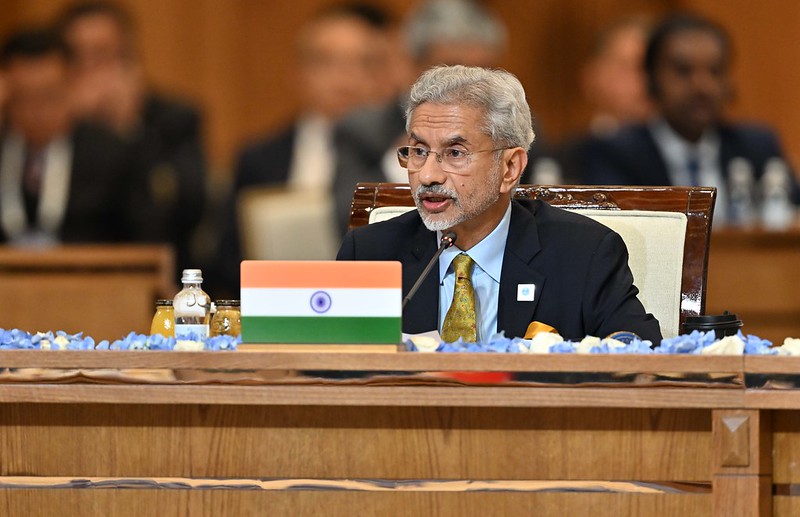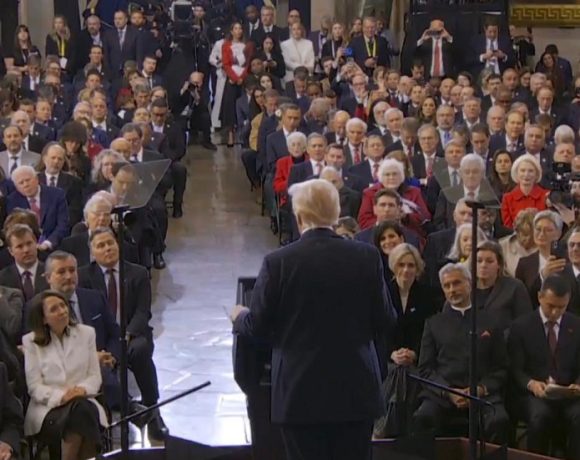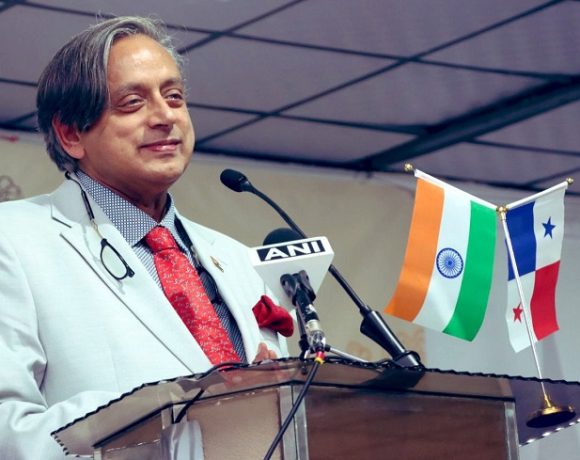
EAM Jaishankar: Indus Treaty Paused Until Pakistan Ends Terror
India has placed the Indus Waters Treaty with Pakistan on indefinite hold, citing Islamabad’s continued export of terrorism as the primary reason. External Affairs Minister Dr. S. Jaishankar announced that the treaty will remain suspended until Pakistan takes concrete and irreversible steps to eliminate terror networks operating from its soil.
Speaking at a media briefing, Dr. Jaishankar made India’s position unambiguous. “Until Pakistan stops exporting terror into India, the Indus Waters Treaty will remain on hold,” he said, sending a stern message to Islamabad following the Pahalgam attack that left 27 civilians dead. The attack, which targeted Hindu pilgrims and other tourists in Kashmir, was blamed on Pakistan-backed militants.
Kashmir Not for Negotiation, Says India
India also took the opportunity to reiterate its long-standing stance on the Kashmir issue. Dr. Jaishankar declared that the only pending matter between India and Pakistan regarding Jammu and Kashmir is the return of Pakistan-occupied Kashmir (PoK) to India. He firmly ruled out any further discussion on the status of Jammu and Kashmir, dismissing Pakistan’s repeated attempts to internationalize the issue.
New Delhi has increasingly linked water-sharing arrangements to national security considerations. The suspension of the treaty is part of a broader strategy to make Pakistan feel the cost of fostering terrorism.
Implications of Treaty Suspension
The Indus Waters Treaty, brokered by the World Bank in 1960, governs the use of water from six rivers shared between India and Pakistan. Though considered a resilient agreement that survived multiple wars, India’s recent suspension signals a sharp shift in policy.
India has already begun stopping flows from the Chenab River using the Baglihar Dam and is conducting reservoir flushing operations to enhance water storage. These actions are expected to significantly reduce downstream water availability to Pakistan.
Pakistan has strongly objected, warning that any tampering with shared water flow could be seen as an act of aggression. Meanwhile, Indian officials maintain that these steps are well within India’s sovereign rights and are not violations of the treaty, as the treaty itself is currently paused due to extraordinary circumstances.
India Sends Strong Global Signal
Vice President Jagdeep Dhankhar praised the government’s decisive action, stating that “India has set a global benchmark in counter-terror operations while upholding peace.” His remarks referred to the success of Operation Sindoor, which involved precision strikes against terrorist launchpads in Pakistan following the Pahalgam massacre.
The international community has begun to take notice. With the United States and Israel expressing support for India’s counter-terrorism efforts, the suspension of the Indus Waters Treaty could mark a turning point in the strategic doctrine of India’s diplomatic and military response to terrorism.
While tensions remain high, New Delhi has made it clear: cross-border terror will come at a cost—diplomatically, economically, and now, hydrologically.


















